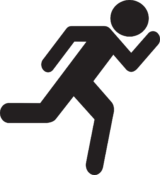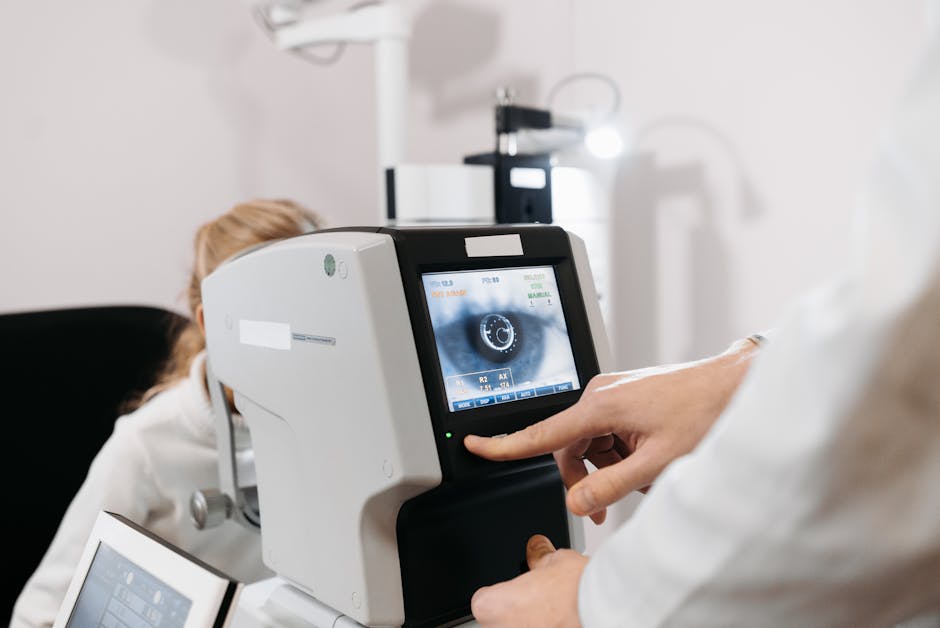What Happens During a Doctor’s Visit for a Head Injury?
Experiencing a head injury can be a daunting experience. Understanding what to expect during a doctor’s visit can ease some of the anxiety and prepare you for the process. In this blog post, we’ll walk you through the steps of a typical doctor’s visit for a head injury, so you know exactly what to anticipate. Let’s dive in! 🏥
Table of Contents
1. Understanding Head Injuries
2. Initial Assessment: Your First Steps 🚑
3. Diagnostic Tests: Getting to the Root 📋
4. Treatment Plans: What’s Next? 💊
5. Follow-Up Care: The Road to Recovery 🛤️
6. Conclusion
7. FAQs
Understanding Head Injuries
Head injuries can range from mild bumps and bruises to more serious conditions like concussions or traumatic brain injuries (TBIs). Recognizing the severity of the injury is crucial for determining the appropriate medical response. Symptoms may include headaches, dizziness, confusion, or loss of consciousness, and it’s important to seek medical attention if you experience any of these after a head impact.
Initial Assessment: Your First Steps 🚑
Upon arriving at the doctor’s office or emergency room, the first step is a thorough initial assessment. This typically involves:
– History Taking: You’ll be asked about the circumstances of the injury, any symptoms you’re experiencing, and your medical history.
– Physical Examination: The doctor will perform a physical exam, checking for visible signs of injury and assessing your neurological function.
Diagnostic Tests: Getting to the Root 📋
To accurately diagnose the extent of a head injury, doctors may recommend one or more diagnostic tests. Common tests include:
– CT Scan: This imaging test helps identify any bleeding or swelling in the brain.
– MRI: An MRI provides detailed images of the brain and can detect subtle changes that a CT scan might miss.
– Neurological Tests: These tests evaluate your brain function, including memory, vision, and motor skills.
Treatment Plans: What’s Next? 💊
The treatment plan for a head injury will vary based on its severity. Some common approaches include:
– Rest and Observation: Mild injuries often require rest and close monitoring for any changes in symptoms.
– Medication: Pain relievers or other medications might be prescribed to manage symptoms.
– Surgery: In severe cases, surgery may be necessary to relieve pressure on the brain.
Follow-Up Care: The Road to Recovery 🛤️
After the initial treatment, follow-up care is crucial to ensure a full recovery. This might involve:
– Regular Check-Ups: Scheduled visits to monitor progress and address any ongoing symptoms.
– Rehabilitation: Physical therapy, occupational therapy, or cognitive therapy may be recommended to aid recovery.
– Support Systems: Emotional and psychological support can be incredibly beneficial during recovery.
Conclusion
Understanding what happens during a doctor’s visit for a head injury can help you feel more prepared and less anxious. From the initial assessment to follow-up care, each step is designed to ensure your safety and promote healing. Remember, it’s always better to err on the side of caution and seek medical attention for head injuries.
FAQs
1. How long should I wait before seeing a doctor for a head injury?
It’s best to seek medical attention immediately if you experience any moderate to severe symptoms or if symptoms worsen over time.
2. Can a mild head injury become serious over time?
Yes, symptoms of a mild head injury can evolve, so monitoring your condition and following up with a doctor is important.
3. What should I bring to a doctor’s visit for a head injury?
Bring any relevant medical records, a list of symptoms, and details about the incident that caused the injury. It can also be helpful to have a family member or friend accompany you.
4. Are there any long-term effects of head injuries?
Some head injuries can lead to long-term effects, including cognitive or emotional changes. Ongoing medical evaluation and therapy can help manage these effects.
5. Is it safe to sleep after hitting your head?
It’s crucial to consult a doctor before sleeping after a head injury, as they might recommend monitoring for any changes in symptoms initially.

